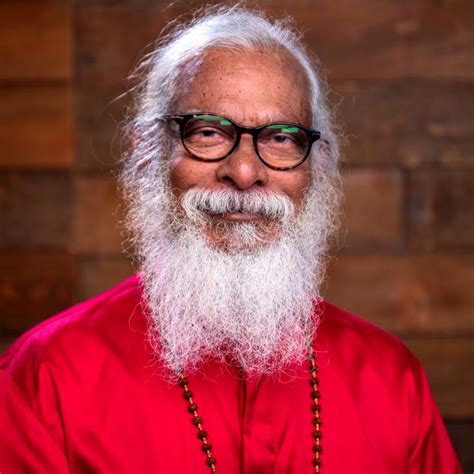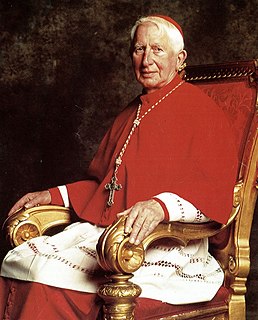A Quote by Richard Rohr
We Catholics must admit that there is a constant temptation among us to avoid the lectionary and the Word of God for private and pious devotions that usually have little power to actually change us or call our ego assumptions into question.
Related Quotes
All power is God`s power; we are only vehicles. He pulsates in our hearts. He breathes through us. He sings a thousand and one songs through us. Sannyas means to let this understanding become the foundation of your life: We are not, God is. Let the ego disappear, evaporate, and you will find infinite contentment. With the ego there is only misery; without the ego there is only God; and God is bliss, and God is benediction, and God is ecstasy. Die to the ego so that God can live in you.
When we feel we are powerless our ego most wants to change the things in our world. As we realize we have the power to change our reality the maturity that comes with that understanding changes us, and we find ourselves in acceptance of what is with less desire of feeling our need to change the world around us.
God's word tells us that righteousness is a gift; it cannot be earned. But godliness is not a gift. We must pay a price to touch godliness through a daily decision to die to self and embrace the cross. God calls us to learn godliness in the classroom of life among people as we sit on airplanes and buses, walk among our neighbors and labor at our factories or desks.
The self-talk of the ego-mind is so busy describing what is happening, judging whether it is good or bad for us, and telling us what we should think and do, that there is little opportunity for our inner knowing to be heard. Instead we remain attached to our assumptions, dreaming of the fulfillment we believe they will bring.
Jesus came among us to show and teach the life for which we were made. He came very gently, opened access to the governance of God with him, and set afoot a conspiracy of freedom in truth among human beings. Having overcome death he remains among us. By relying on his word and presence we are enabled to reintegrate the little realm that makes up our life in the infinite rule of God. And that is the eternal kind of life. Caught up in his active rule, our deeds become an element in God’s eternal history. They are what God and we do together, making us part of his life and him a part of ours.
We must embrace our differences, even celebrate our diversity. We must glory in the fact that God created each of us as unique human beings. God created us different, but God did not create us for separation. God created us different that we might recognize our need for one another. We must reverence our uniqueness, reverence everything that makes us what we are: our language, our culture, our religious tradition.
All about us, in earth and air, wherever the eye or ear can reach, there is a power ever breathing itself forth in signs, now in daisy, now in a wind-waft, a cloud, a sunset; a power that holds constant and sweetest relation with the dark and silent world within us. The same God who is in us, and upon whose tree we are the buds, if not yet the flowers, also is all about us- inside, the Spirit; outside, the Word. And the two are ever trying to meet in us.
Dialogue is a space where we may see the assumptions which lay beneath the surface of our thoughts, assumptions which drive us, assumptions around which we build organizations, create economies, form nations and religions. These assumptions become habitual, mental habits that drive us, confuse us and prevent our responding intelligently to the challenges we face every day.
Christ choosing solitude for private prayer, doth not only hint to us the danger of distraction and deviation of thoughts in prayer, but how necessary it is for us to choose the most convenient places we can for private prayer. Our own fickleness and Satan's restlessness call upon us to get into such places where we may freely pour out our soul into the bosom of God [Mark 1.35].
The words and lives of Christian men must be in continual process of reformation by the written Word of their God. This means that ecclesiastical traditions and private theological speculations may never be identified with the word which God speaks, but are to be classed among the words of men which the Word of God must reform.




































